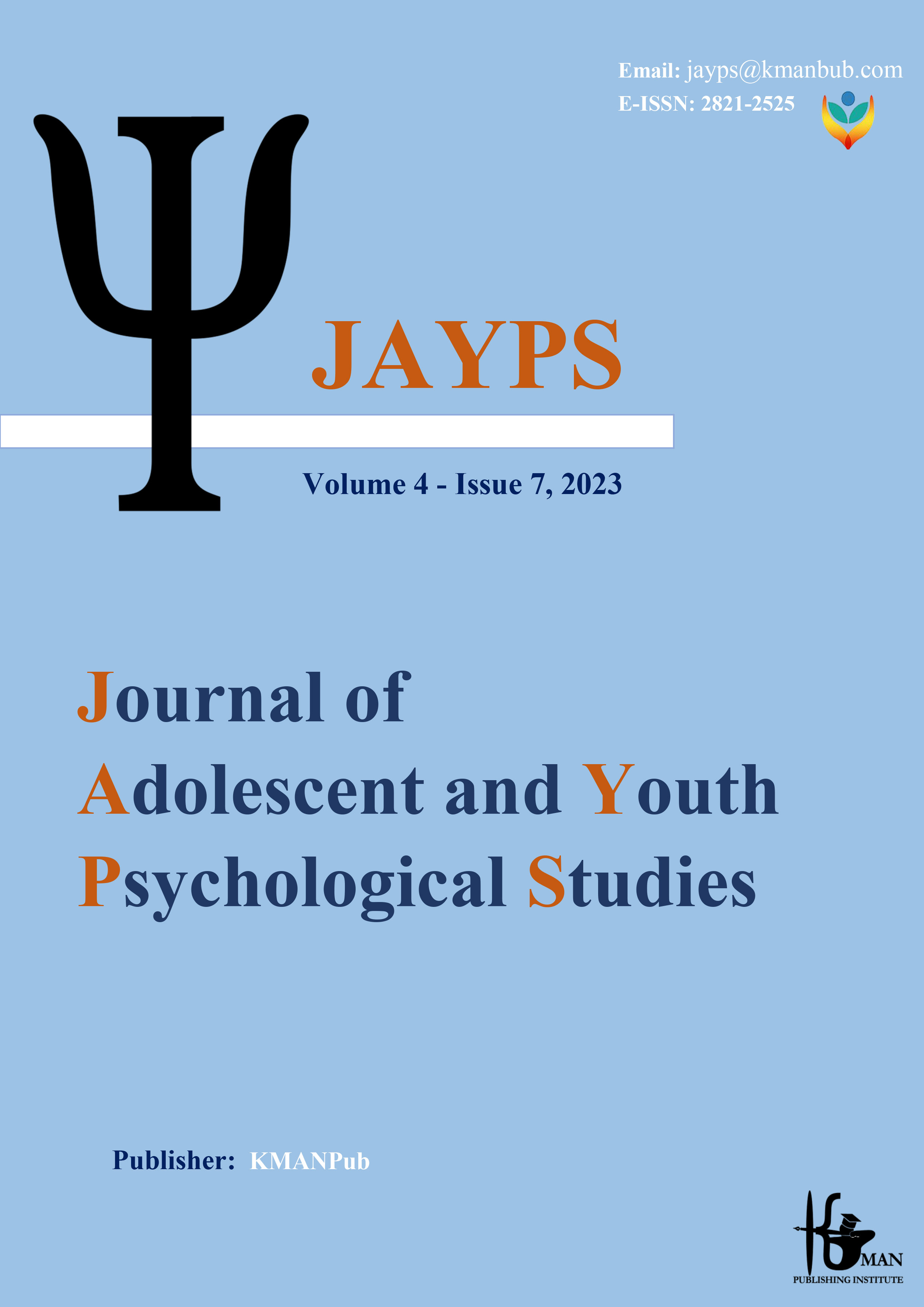Comparison of the effectiveness of positive cognitive behavior therapy and rational emotive behavior therapy on psychological well-being among unmarried women aged 25 to 35 in Tehran
Keywords:
Rational Emotional Behavior Therapy, Positive Cognitive Behavior Therapy, Psychological Well-being.Abstract
Background and Aim: One of the axes of evaluating the health of different societies is the mental health status of the people of that society, and it is very important to pay attention to the psychological health status of different groups of society, especially the youth. The present study was conducted with the aim of investigating and comparing the effectiveness of rational emotional behavior therapy and positive cognitive behavior therapy on psychological well-being in unmarried women aged 25 to 35 in Tehran. Methods: The test was with a control group and with a follow-up phase. The statistical population of this research was unmarried women aged 25 to 35 years old in Tehran who visited the neighborhood centers in one district of Tehran in the second half of 2021. The sampling method was purposeful. The research included a control group and two experimental groups, the number of each group was 20 people who were randomly placed in these groups. The instrument used in this research included Ryff's psychological well-being questionnaire (1989). The data analysis of this research was done in two sections of descriptive and inferential statistics. In the inferential statistics section, according to the research design, univariate covariance analysis test was used and SPSS version 24 software was used for data analysis. Results: The findings showed that both interventions are effective in increasing the psychological well-being of unmarried women aged 25 to 35, and this effect is stable in the follow-up phase. Comparing the results of these two interventions showed that the effect of positive cognitive behavior therapy on psychological well-being with an effect size of 0.54 is greater than that of rational emotional behavior therapy with an effect size of 0.49. Conclusion: According to the findings of this research, it can be said that the positive cognitive behavior therapy method is more effective than the rational emotional behavior therapy method on the psychological well-being of unmarried women aged 25 to 35 in Tehran, and this effect is stable in the follow-up phase. The positive cognitive behavior therapy approach can be used by therapists and clients as an effective method to improve the psychological well-being of unmarried women.
Downloads
Downloads
Published
Submitted
Revised
Accepted
Issue
Section
License

This work is licensed under a Creative Commons Attribution-NonCommercial 4.0 International License.









